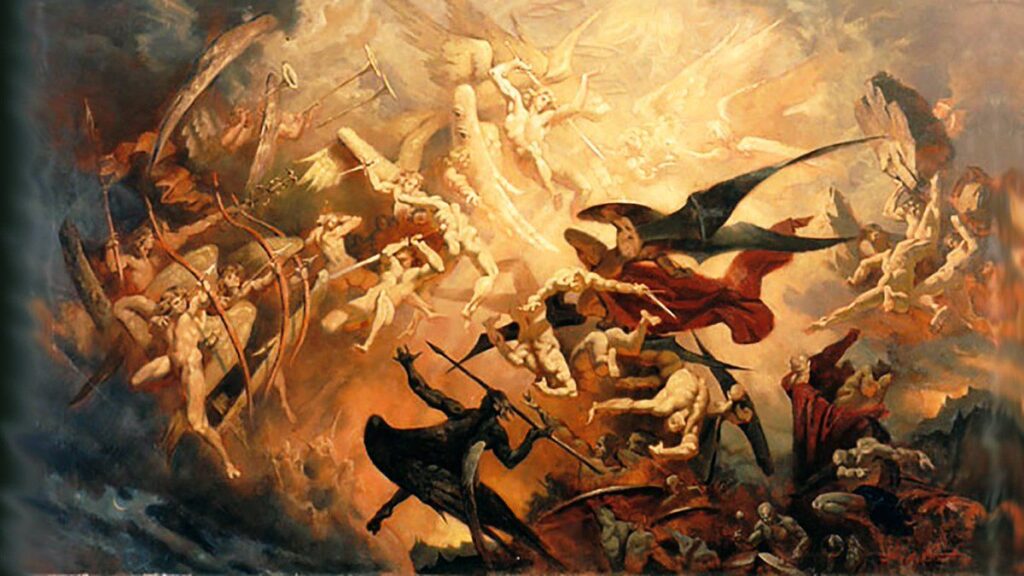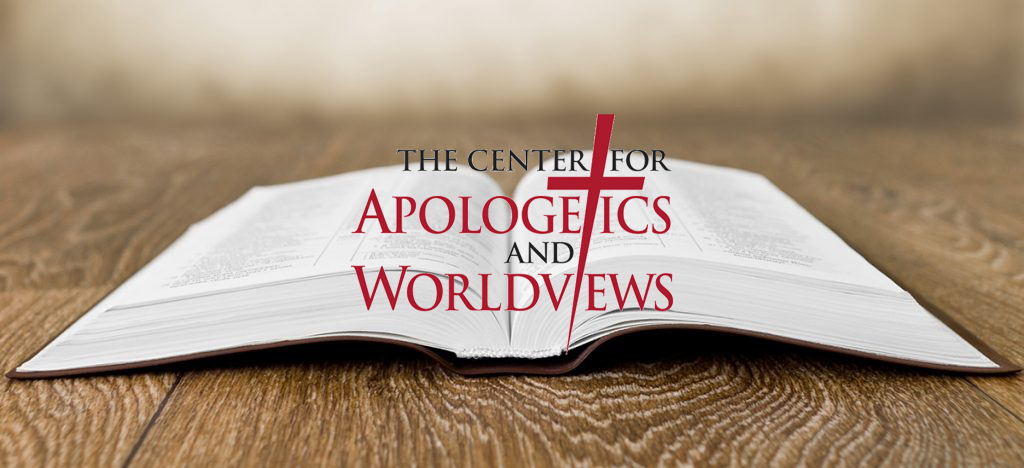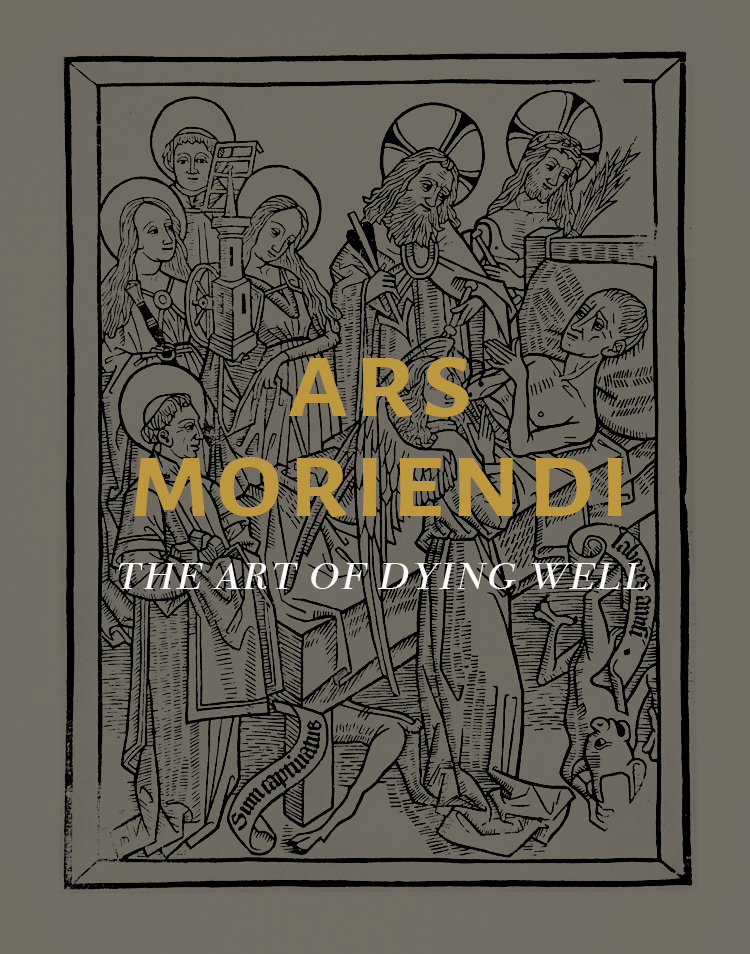
I am always a fan of J. S. Bach’s cantatas for each Sunday of the church year. He also has cantatas for Feast Days, including St. Michael and All Angels, which we in the ELS observe on the final Sunday in September, a tradition we have inherited from our Scandinavian forbearers.
Bach’s Cantata outlines four reasons to feast to angels:
- They wage war against Satan and his minions.
Revelation 12 - They protect the souls of the faithful.
Psalm 91
Matthew 18:1–10 - Angels teach us to sing.
Luke 2:13-14
Isaiah 6:1-7
Revelation 4:8; 5:11-12, 7:9-12 - They minister to us at the hour of death.
Luke 16:19-31
While you can find various English translations of Bach’s Cantatas, they aren’t easily sung due to fairly literal (and therefore, non-poetic) translations.
While working on my Bible Study for Sunday, I spent a little time translating and adapting parts of Bach’s Cantata to be sung as a hymn. The tune is Freu Dich Sehr, which is what Bach uses as his final chorale melody.
Great the war fought by the angels
Serpent verse the seraphim
Dragon storms, but still he falls
Lost his place, with his regime.
Saint Michael has won the day
And the host who to God pray.
Christ is ris’n, hell defeated
Victory has been completed.
God sends us to Ma-ha-naim; [Hebrew: two hosts]
So can we in safe repose
Whether we go or we come,
Stand steadfast before our foes.
He is camped both far and near
The’angel of God, our Savior dear
Fire and horse and chariot
Ensure that to heav’n we’re brought.
Give Thine angels Your command
That my foot may not be stung
Lift me up into their hand
And teach me as they have sung:
“Gloria in highest heav’n
Word made flesh now for man giv’n
Touch my lips and cleanse me purely
Lord most Holy, Holy, Holy.”
Let Thine angel travel with me
On Elijah’s chariot red.
Guard and keep my soul in safety
Like poor Laz’rus when he died.
Give my soul consoling peace
In Thy bosom let it rest
‘Till my body’s resurrection
Joined with Christ in blest reunion.
J.S. Bach, BWV 19, Es erhub sich ein Streit.
Translation © Jeff Hendrix, 2021.
Painting is by Alexey Steele, 1967


